Technically, your metabolism is the process by which your body breaks down food and converts it into energy. Un-technically, it's that thing that you want to speed up as much as possible to help you lose weight. For that, we're here to help. While your metabolism is largely hereditary and can slow down with age, research shows some foods, behaviors, and activities can raise or lower your metabolism, therefore changing the amount of energy your body burns during a specific period of time. While some trendy approaches to boosting metabolism have gained attention in recent years - intermittent fasting, apple cider vinegar, etc. - there's no evidence to suggest they have any significant effect on metabolism and could even have a negative effect on your overall health. Stick to these 31 science-backed metabolism boosters.
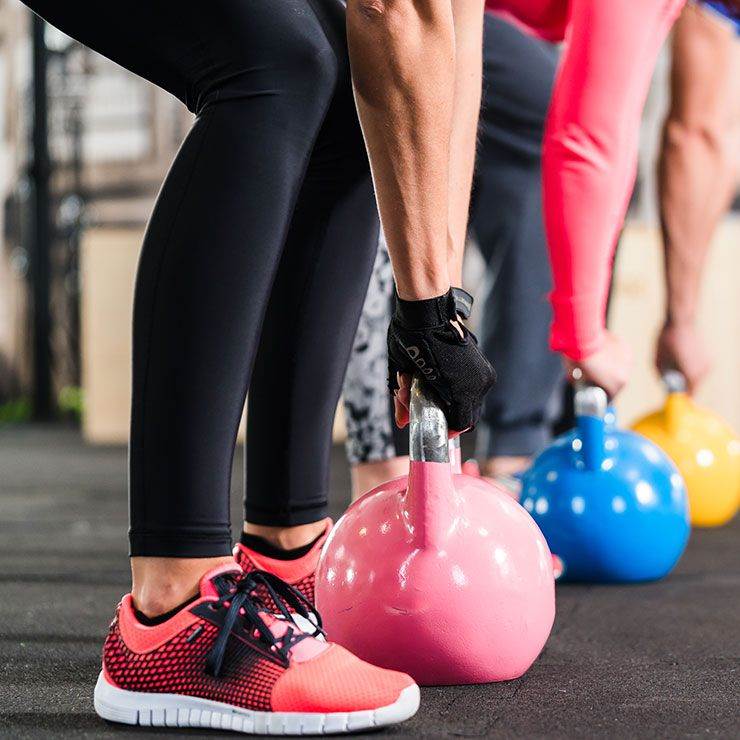




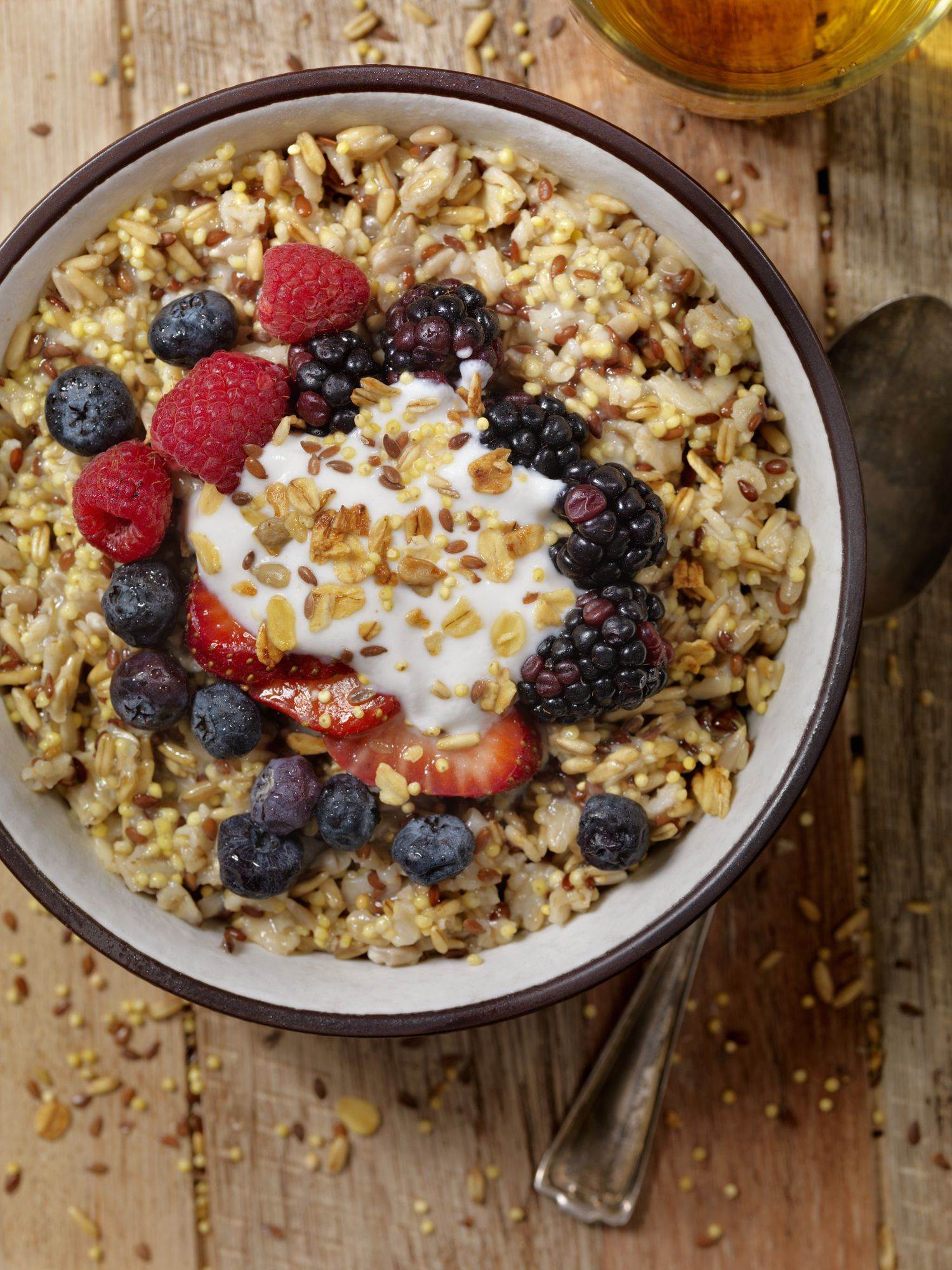


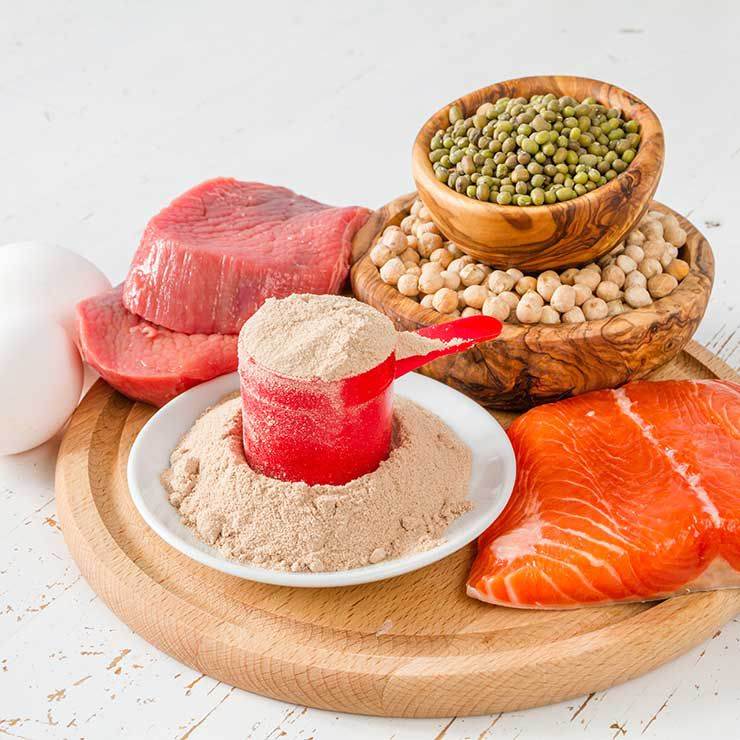
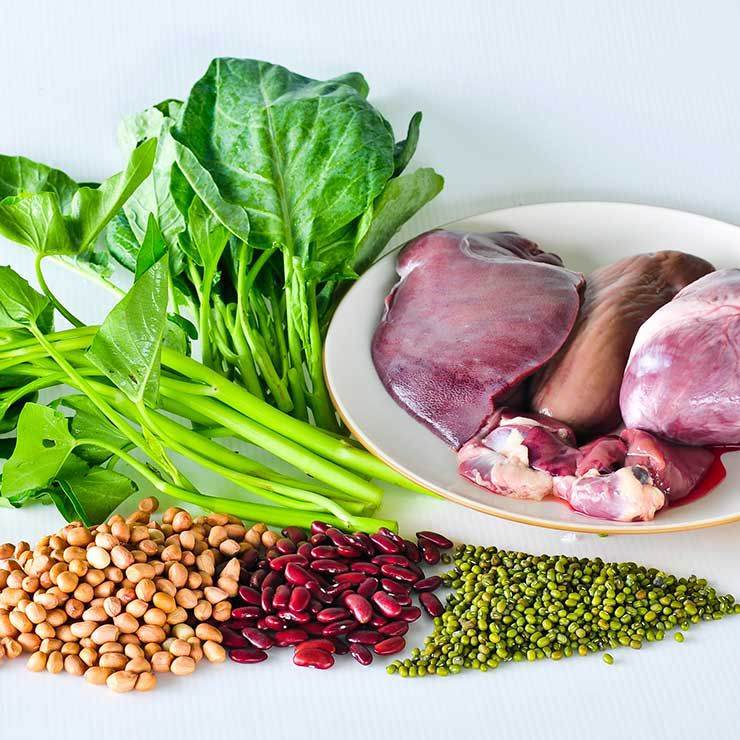
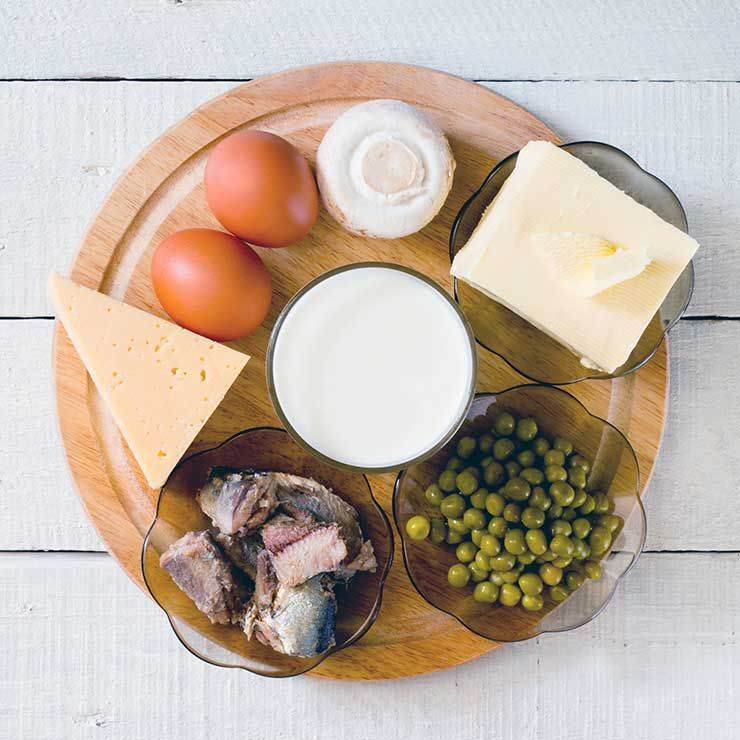
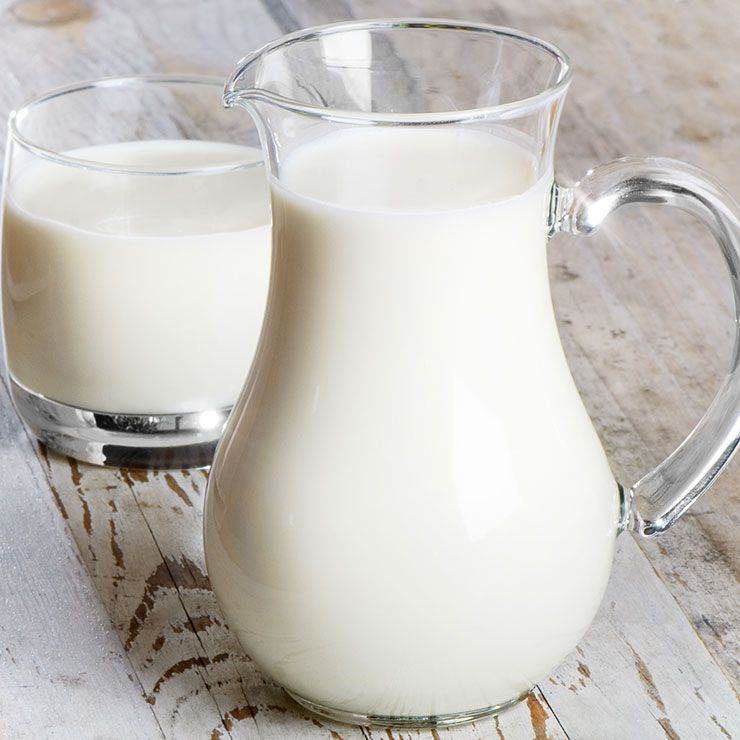


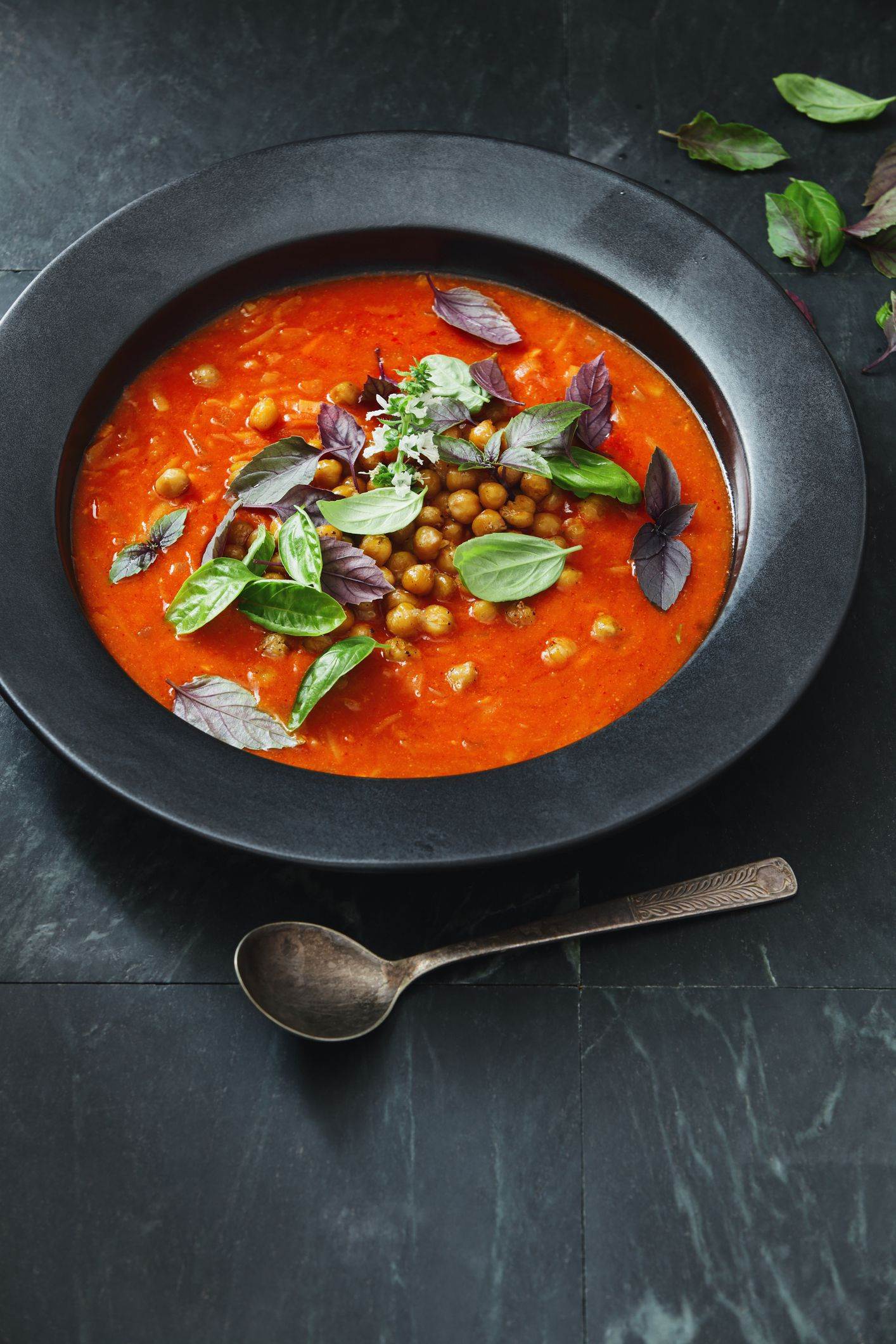
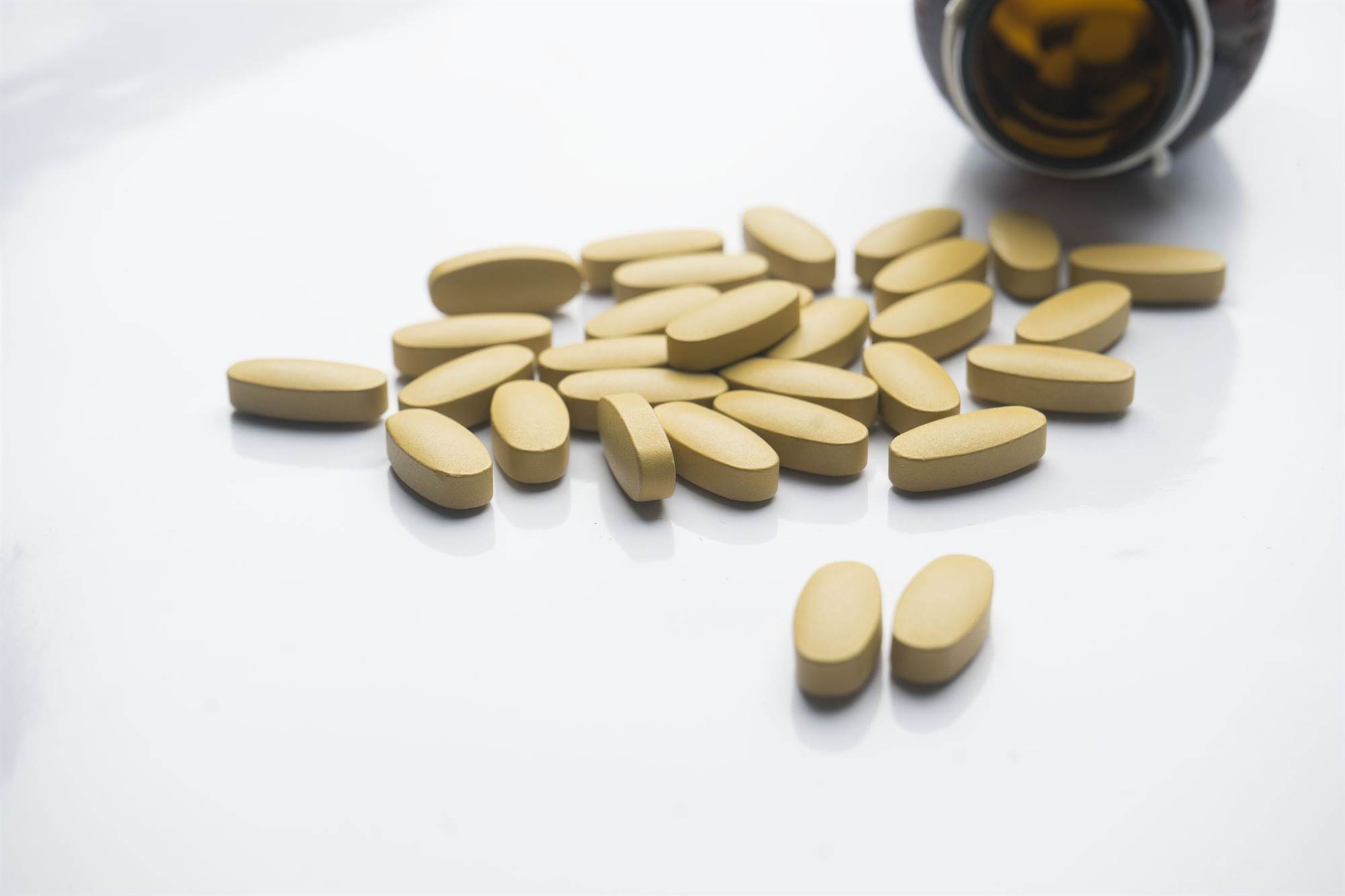
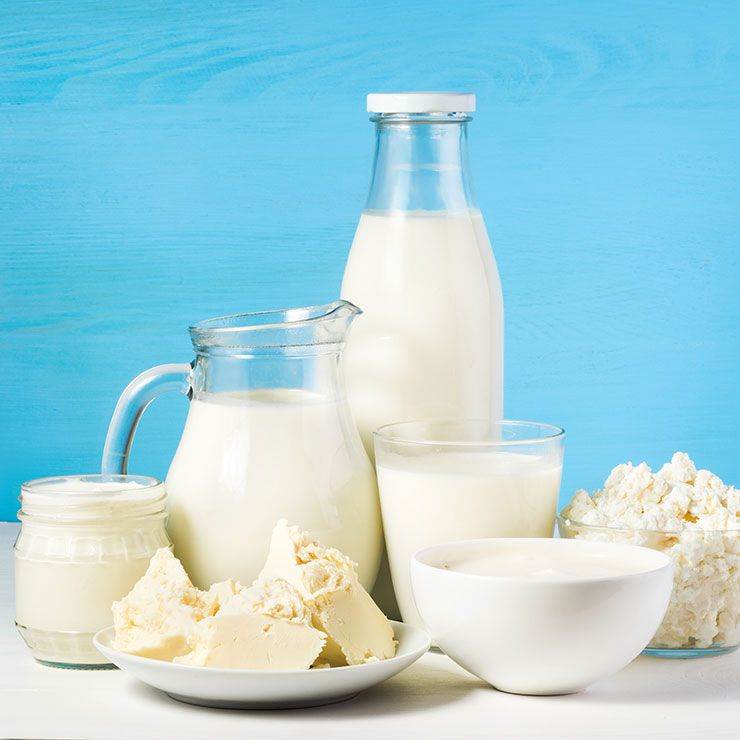




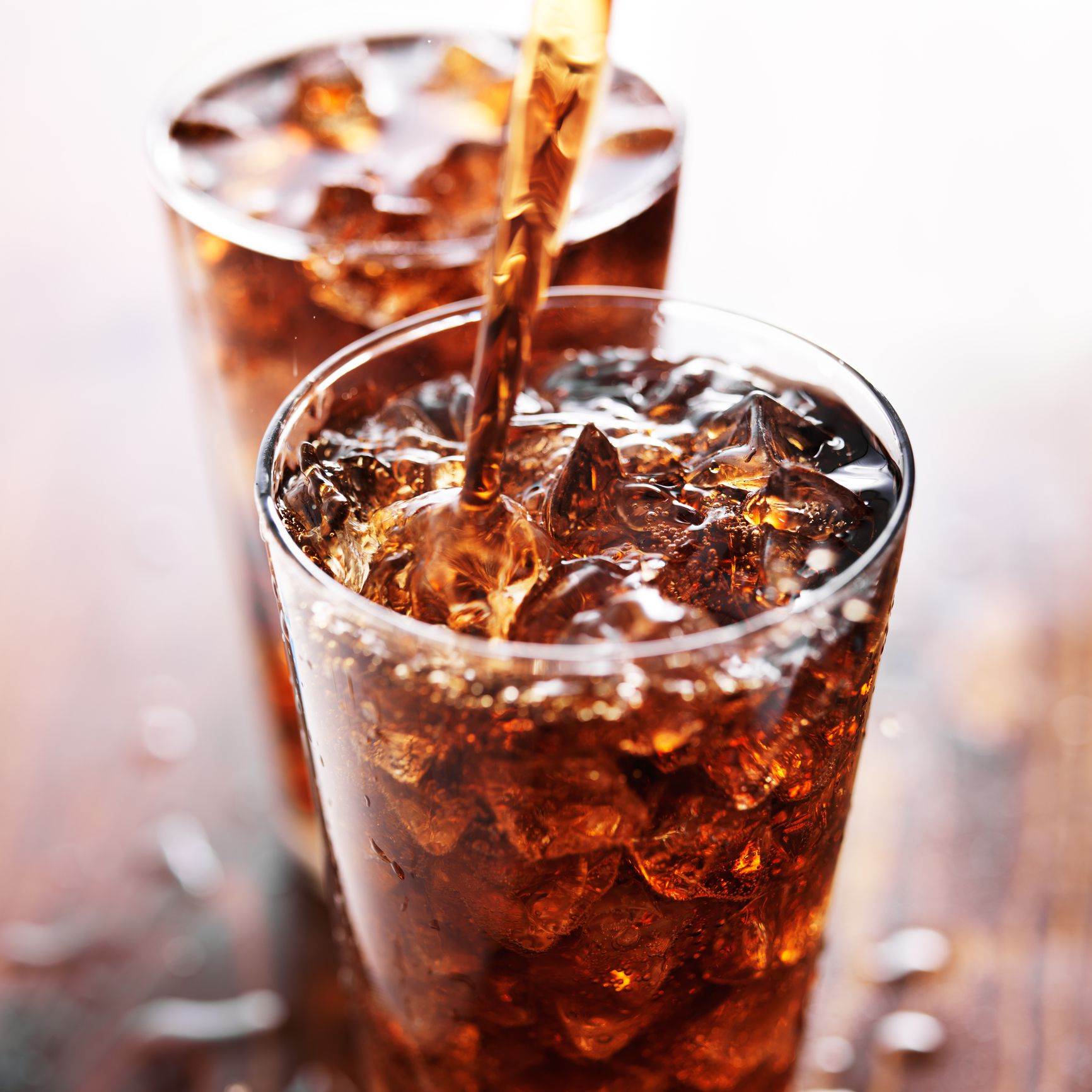
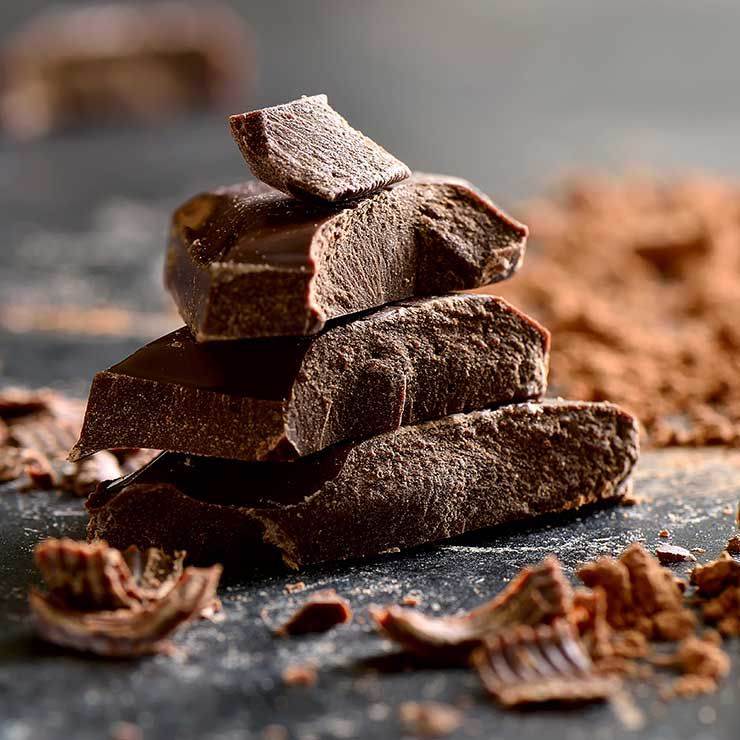


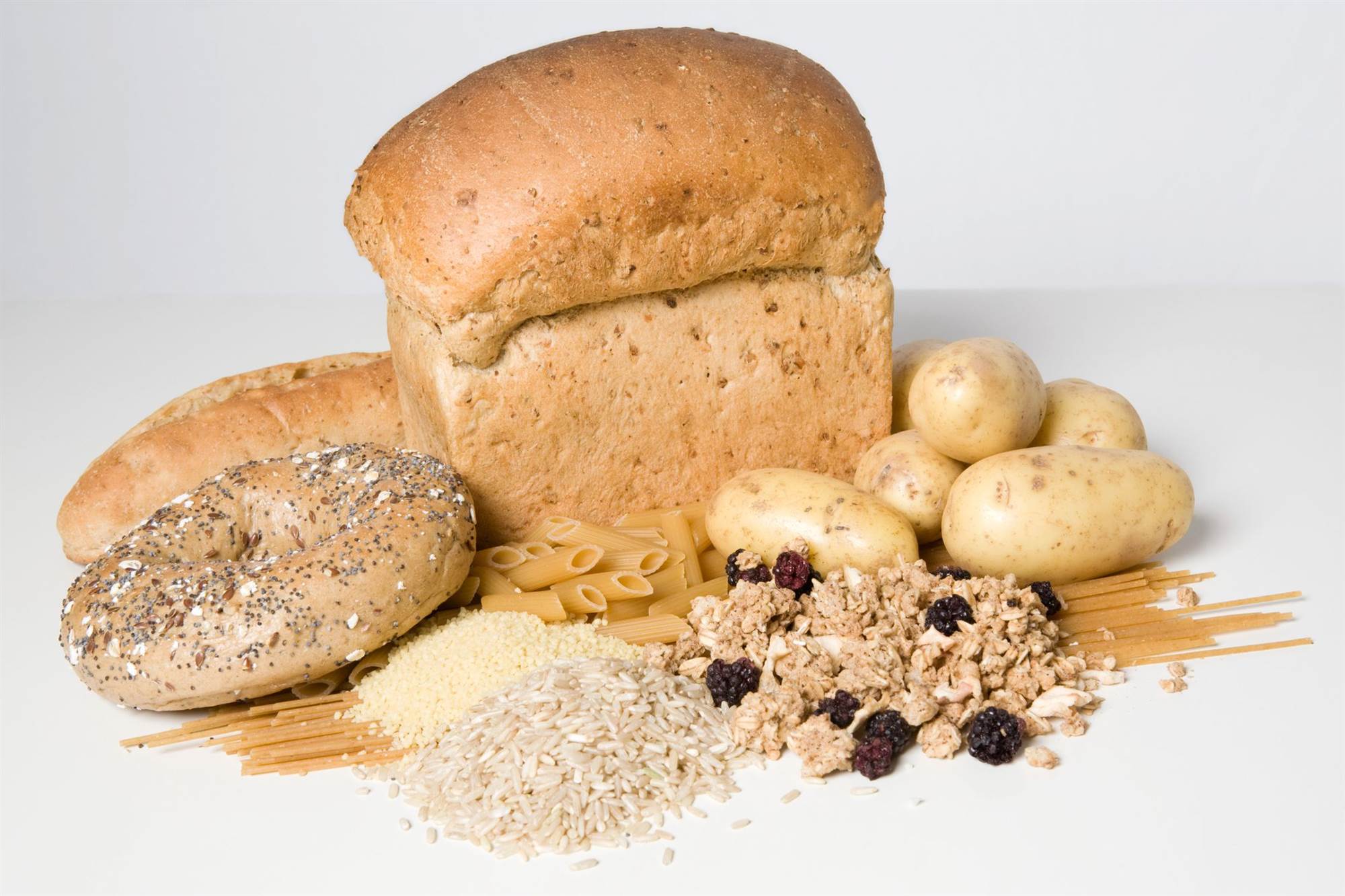

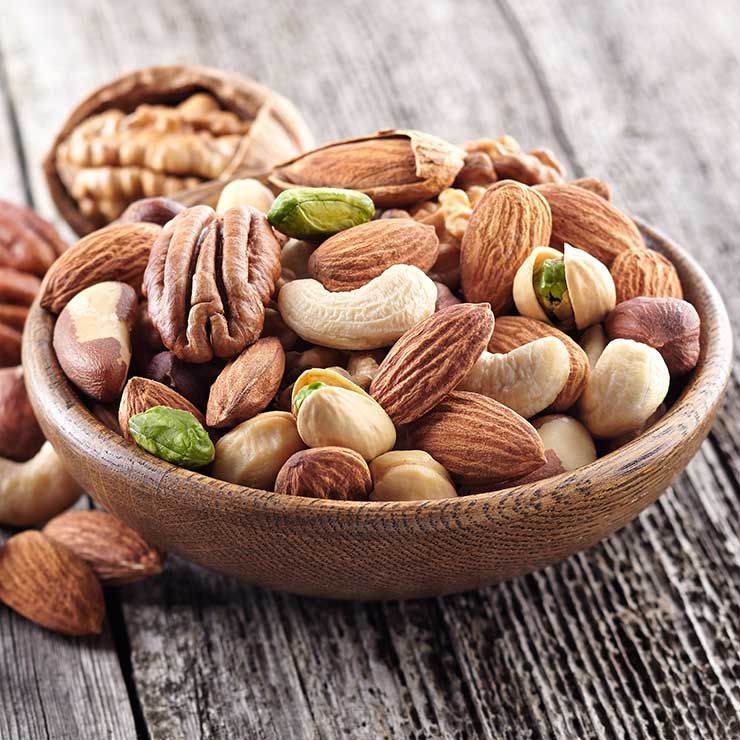
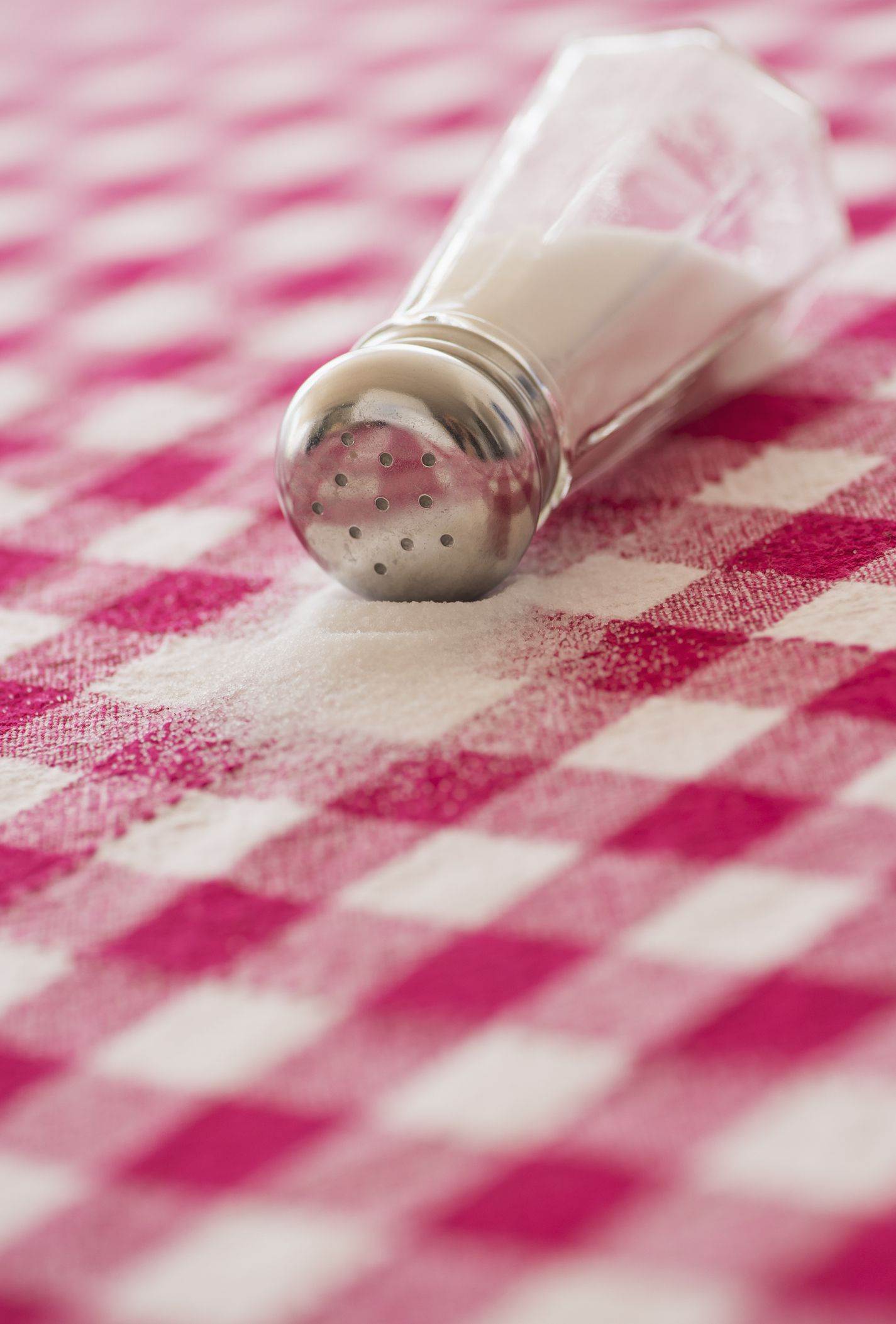
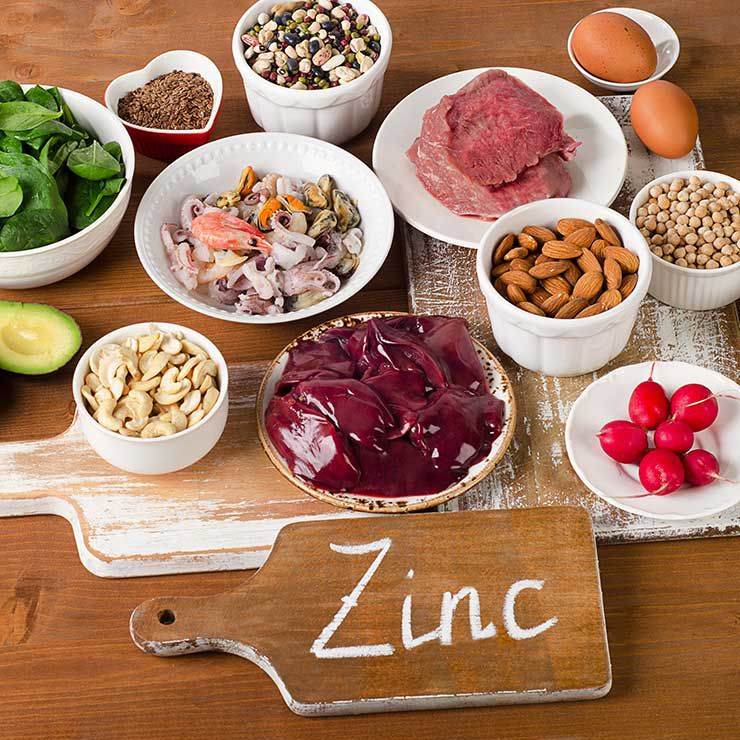
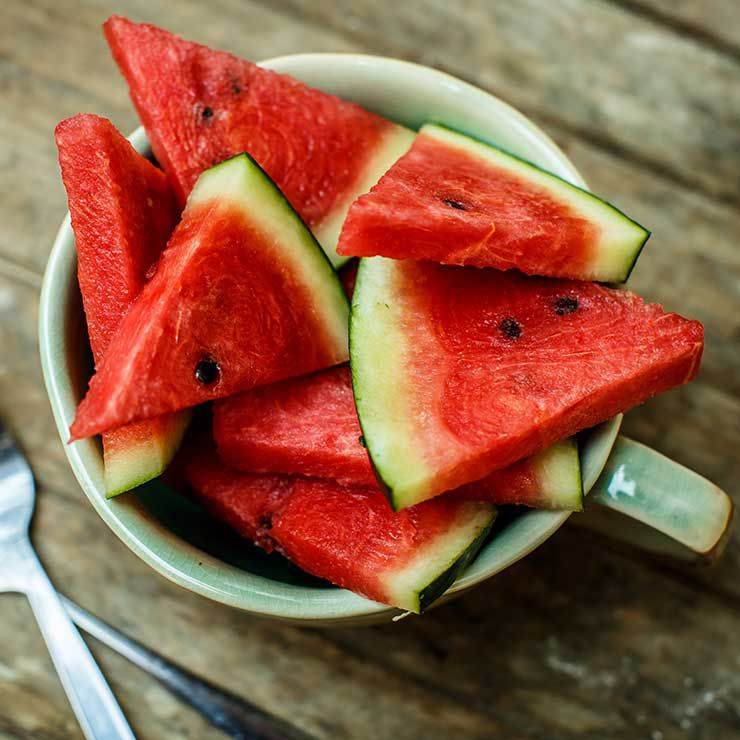
AzmanJaka ©Getty Images
Lift weights
Pumping iron increases your kilojoule burn long after you stop working out. But that doesn't mean those 1kg dumbbells are going to cut it. According to a study published in the Journal of Translational Medicine, people who grab heavier weights and aim for shorter breaks between bouts of lifting increase their metabolic burn by up to 1,891kJ (452cal) over the next 24 hours. People who used lighter weights and took longer breaks burned only 410 additional kilojoules (98cal) over the same period.
AzmanJaka ©Getty Images
Work in some cardio
A vigorous aerobic workout can help you burn almost 836 extra kilojoules (200cal) during the 14 hours following your sweat session, according to a small 2011 study. The research suggests short bouts of intense running, swimming, or riding (HIIT workouts) beat longer, more leisurely workouts when it comes to charging your metabolism. "Just 20 to 30 minutes of HIIT, two or three times a week, is enough to see results," said Dr Pamela Peeke.
AzmanJaka ©Getty Images
Say yes to breakfast
Eating breakfast jump-starts your metabolism and keeps your energy high all day. That may explain why women who skip this meal are 4½ times as likely to be obese, some research shows.
AzmanJaka ©Getty Images
Avoid snacking at night.
"Eating carbs in the evening leads to metabolic problems, because the body is more resistant to insulin at night," explained Dr Aaron Cypess. This can result in a higher blood sugar, which can contribute to weight gain and other complications. Protein doesn't cut it here either - it only takes a few extra steps for protein to be converted to carbs and fat. Any extra kilojoules at night will be stored as fat, so eat dinner early and keep snacking light.
AzmanJaka ©Getty Images
Drink coffee or tea
Caffeine is a central nervous system stimulant, and your daily java can increase your metabolism 5 to 8%. Likewise, a cup of brewed tea can raise your metabolism by 12%, according to one Japanese study. Researchers believe tea antioxidants called catechins provide the boost. However, note that this effect may be "slight and temporary," according to one expert, and if caffeine makes you jittery, the slight boost may not be worth it.
AzmanJaka ©Getty Images
Fight fat with fibre
Research shows some fibre can up your fat burn by as much as 30%. Studies also suggest women who eat lots of fibre are less likely to gain weight over time. Aim for about 25g a day - the amount in three servings each of fruits and vegetables.
AzmanJaka ©Getty Images
Drink more water
German researchers found that drinking 1,419mL of cold water a day can help you burn more kilojoules. The benefit may come from the work your system has to put out to heat all that water to body temperature.
AzmanJaka ©Getty Images
Opt for organic
Canadian researchers found dieters who consume lots of organochlorines - a type of pesticide pollutant stored in fat cells - experience a greater than normal dip in metabolism as they lose weight, perhaps because the toxins interfere with the energy-burning process. Other research hints that pesticides can trigger weight gain. Choose organic when buying peaches, apples, capsicum, celery, nectarines, strawberries, cherries, lettuce, imported grapes, and pears; non-organic versions tend to have the highest levels of pesticides.
AzmanJaka ©Getty Images
Don't skimp on protein
Research shows protein can increase post-meal kilojoule burn by as much as 35%. So try to add some healthy protein to every meal, like avocado, lean cuts of meat or poultry, dairy, fish, nuts, or beans.
AzmanJaka ©Getty Images
Add iron
Iron is essential for transporting the oxygen your muscles need to burn fat, says dietitian Tammy Lakatos. Until menopause, women lose iron each month through menstruation. Unless you restock your stores, you run the risk of low energy and a sagging metabolism. Shellfish, lean meats, beans, fortified cereals, and spinach are excellent sources.
AzmanJaka ©Getty Images
Get more vitamin D
Vitamin D is essential for preserving metabolism-revving muscle tissue. Get 90% of your recommended daily value (400 IU) in a 100g serving of salmon. Other good sources: tuna, shrimp, tofu, fortified milk and cereal, and eggs.
AzmanJaka ©Getty Images
Drink milk
"There's some evidence that calcium deficiency, which is common in many women, may slow metabolism," Lakatos says. Research shows consuming calcium through dairy foods may also reduce fat absorption from other foods.
AzmanJaka ©Getty Images
Don't sit still
Exercise is best. But research shows even small movements - stretching your legs, taking the stairs, or even just standing to talk on the phone - can add up to an extra 1,464kJ (350cal) burned in a single day.
AzmanJaka ©Getty Images
Choose chewy foods
The more you have to chew a bite before swallowing, the more energy you're burning before that food even hits your belly. Food in its "whole state" - think apples as opposed to applesauce - tend to require more chewing. So do proteins, nuts, fruits, and vegetables.
AzmanJaka ©Getty Images
Select spicy ingredients
Dieters taking capsaicin, the chemical that gives hot peppers their fire, doubled their energy expenditure for several hours, according to research from UCLA. By binding to nerve receptors and sending fat-burning signals to your brain, even mild peppers contain compounds that help erase up to 418kJ (100cal) a day. Need some inspiration? Try cooking with spices like harissa, a North-African paste made from smoked chilli peppers that goes wonderfully in soup.
AzmanJaka ©Getty Images
Get enough B12
B12 has been linked with a heartier, healthier metabolism. While most of us get plenty of this nutrient in our diet, vegans - or those who avoid meat, dairy, and eggs - are at serious risk of a B12 deficiency. A supplement can fill in your dietary gaps.
AzmanJaka ©Getty Images
Opt for full-fat dairy
Women who loaded up on dairy three to four times a day lost 70% more body fat than those who skipped dairy, according to a study published in the Journal of Nutrition. More research shows people who choose full-fat dairy tend to be slimmer and healthier than those who select low- or non-fat. Experts say the fat in dairy may help you feel full quicker, which can cut down overeating or the urge to grab unhealthy snacks.
AzmanJaka ©Getty Images
Catch some ZZZs
Just one night of bad sleep can slow down your metabolism the next morning, reducing the energy you expend by up to 20%, according to a study in the American Journal of Clinical Nutrition. On top of that, disturbed shut-eye can seriously throw off hunger hormones leptin and ghrelin, which means you'll be more likely to reach for junk food.
AzmanJaka ©Getty Images
Keep your bedroom chilly
A study published in the journal Diabetes found those who slept in a 19ºC room burned 7% more kilojoules than those sleeping in a 23ºC room. The study authors believe this is caused by the participants' bodies burning extra energy to raise their core temp to 37ºC.
AzmanJaka ©Getty Images
And take off that sweater
Research suggests healthy "brown fat" - which builds up in small amounts when you're exposed to the cold - is metabolically active, and so can help your body burn kilojoules throughout the day. More research suggests both brown fat and your ability to withstand the cold build up quickly if you turn down the thermostat or lose that extra layer during the colder months.
AzmanJaka ©Getty Images
Go for a morning stroll
Getting exposure to light in the morning will not only help you wake up, but may help keep you slim, suggests research from Northwestern University. Sun-strength light helps sets your body's internal clocks, which regulate everything from your sleep to your metabolism.
AzmanJaka ©Getty Images
Say no to diet soda
Drinking artificially sweetened beverages may negatively affect your body's normal metabolic response to sugar, notes a study in Trends in Endocrinology & Metabolism. Not everyone agrees, but diet drinks have been linked with weight gain and metabolic syndrome, a cluster of risk factors that increase your risk for heart disease and diabetes.
AzmanJaka ©Getty Images
Nibble on chocolate
This isn't your green light to maul the office candy bowl. But it won't hurt to grab a couple of squares of high-cocoa dark chocolate. In a study by Swiss and German researchers, participants ate about 1.5 ounces of dark chocolate daily for two weeks. Compared to a control group, those who ate the chocolate enjoyed better-regulated metabolisms. It may be the chemicals in cocoa, like flavonoids, that play a role in regulating metabolism, the researchers say.
AzmanJaka ©Getty Images
Laugh a little (or a lot)
As few as 10 minutes of giggles can help your burn 10 to 20% more kilojoules, compared to being stone-faced, research shows. Studies have also linked laughter to lower rates of stress and a healthier heart.
AzmanJaka ©Getty Images
Meditate
A lot of research has linked meditation to lower rates of stress. And a 2014 study found women who were more stressed had a slower metabolism and burned less fat after eating than those who were stress-free.
AzmanJaka ©Getty Images
Avoid "white" carbs
Just as fibre and slowly digesting foods power your metabolism (try these and require more energy to burn, the opposite is true of refined snacks and grains, research shows. Skipping white bread, white rice, and snack foods like chips or cookies in favor of whole, unprocessed foods and grains is a good idea.
AzmanJaka ©Getty Images
Go easy at the bar
When you have an alcoholic drink, you burn less fat because the alcohol is used as fuel instead. Knocking back the equivalent of about two martinis can reduce your body's fat-burning ability by up to 73%, research shows.
AzmanJaka ©Getty Images
Grab a handful of nuts
Research suggests the polyunsaturated fatty acids (PUFAs) in nuts - and especially in walnuts - may enhance the activity of certain genes that control fat burning. The result: You torch more calories throughout the day, finds a review in The American Journal of Clinical Nutrition. Aim for 1 to 45g (a small handful) of walnuts per day.
AzmanJaka ©Getty Images
Don't skip the table salt
Sea salt is a tastier option than plain old table salt. But it lacks iodine - a key element that gives your thyroid gland, which controls your metabolism, its mojo. Without adequate iodine, your thyroid is unable to perform normally, and so your metabolism can take a nosedive. You don't need much iodized table salt to get your iodine fix. Just ¼ teaspoon provides nearly 50% of your RDI for iodine. Seaweed, cod, shrimp, and eggs also contain iodine.
AzmanJaka ©Getty Images
Eat enough zinc
Another nutrient your thyroid requires for proper function: zinc. And again, vegans are the ones who have to watch out for a deficiency. While you don't need much zinc, only a handful of foods contain the nutrient - including beef, poultry, and shellfish. If those are off your menu, sesame seeds and grains like spelt contain some zinc, and so do many multivitamins.
AzmanJaka ©Getty Images
Reach for watermelon
The amino acid arginine, abundant in watermelon, might speed your metabolism and promote weight loss, according to a new study in the Journal of Nutrition. Arginine seems to enhance your body's fat oxidation while increasing lean muscle, which burns more calories than fat does, the research suggests.







.png&h=193&w=250&c=1&s=1)

.png&h=193&w=250&c=1&s=1)
